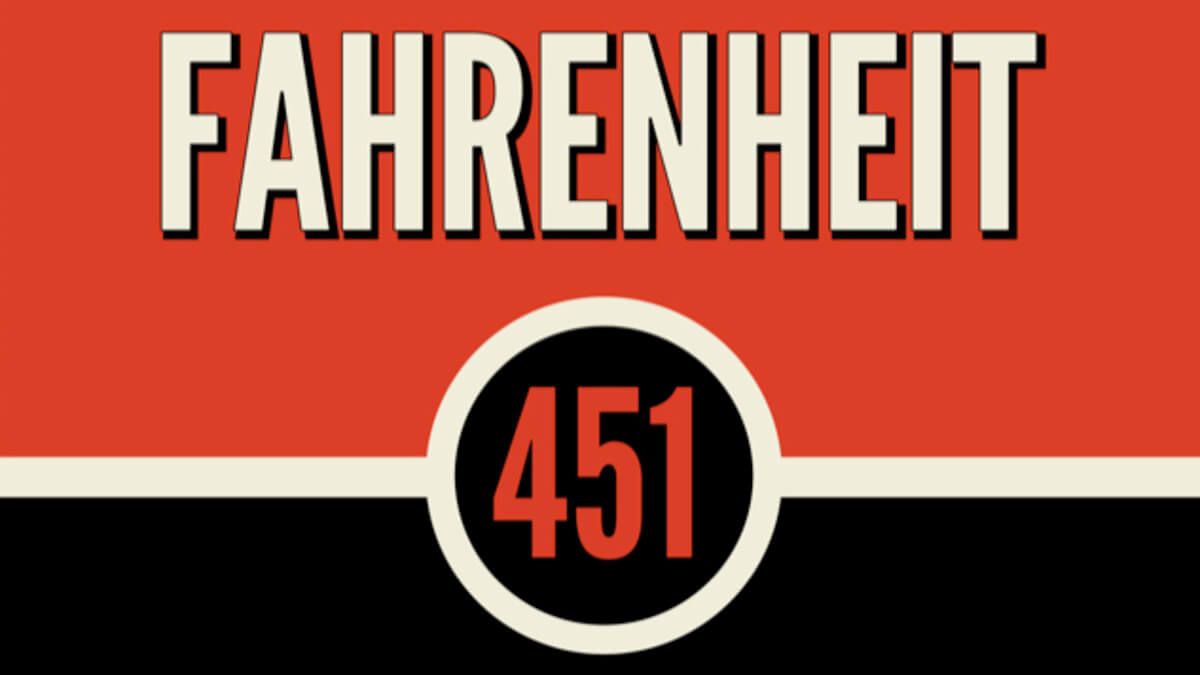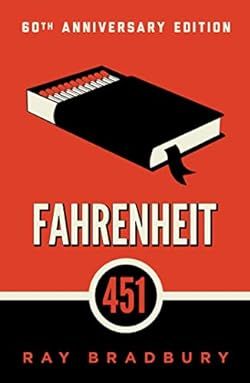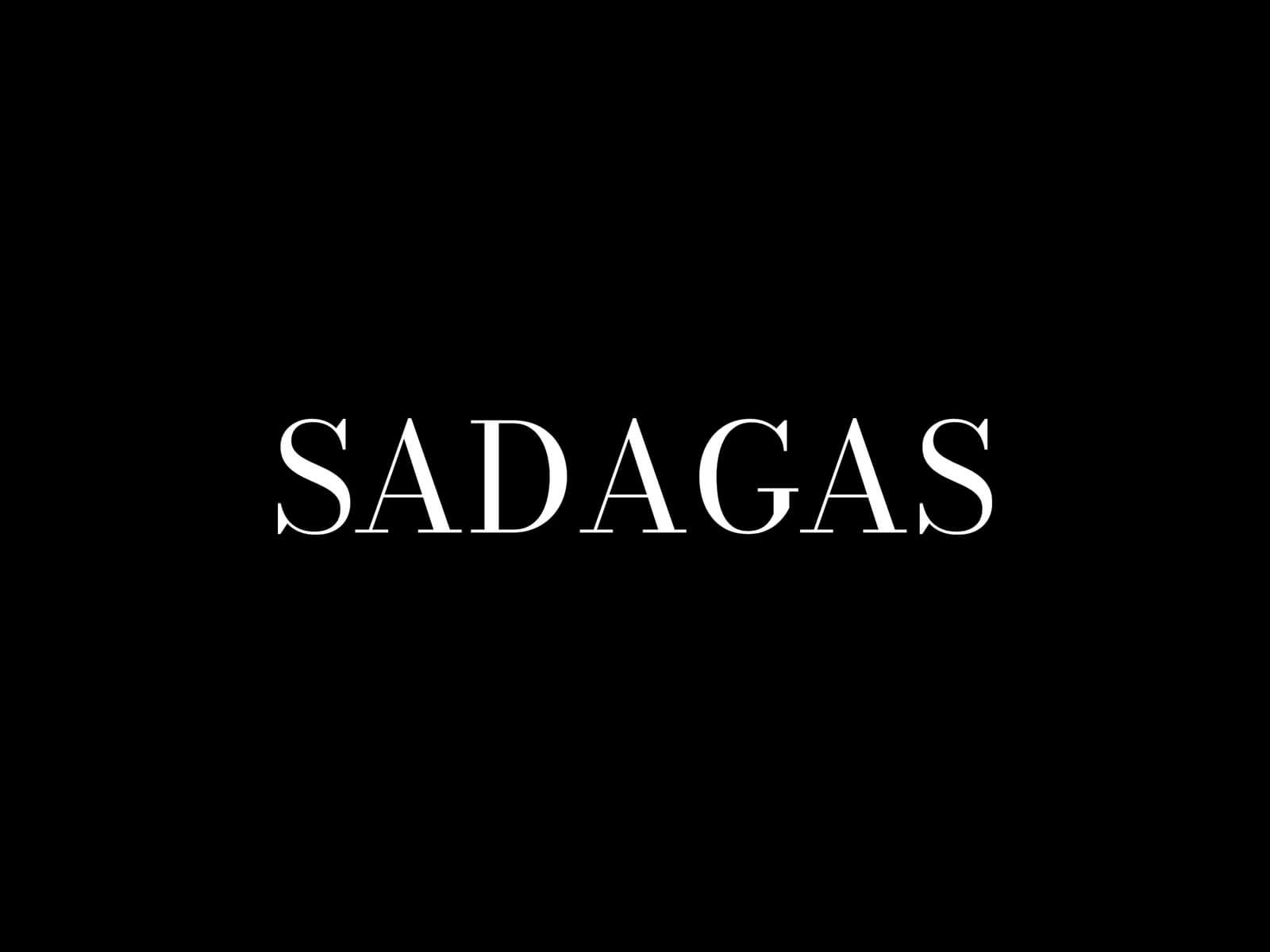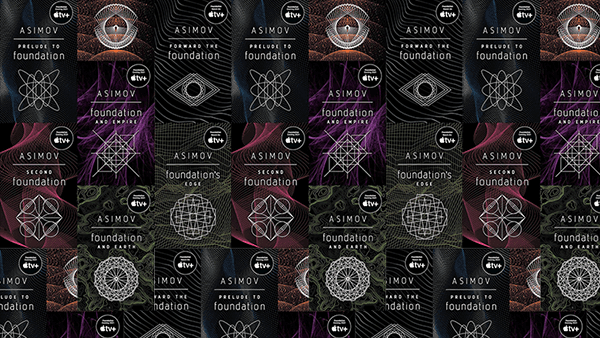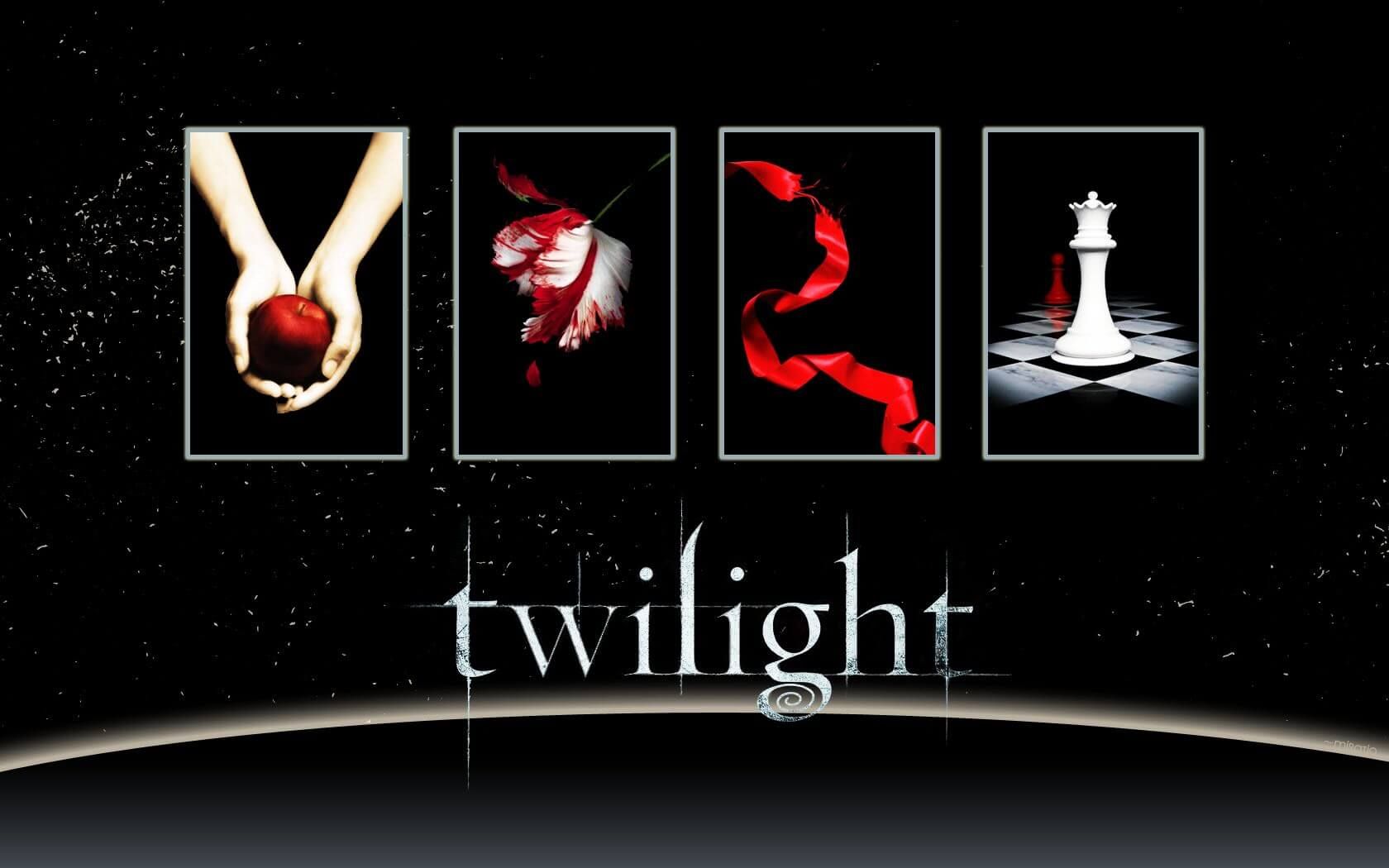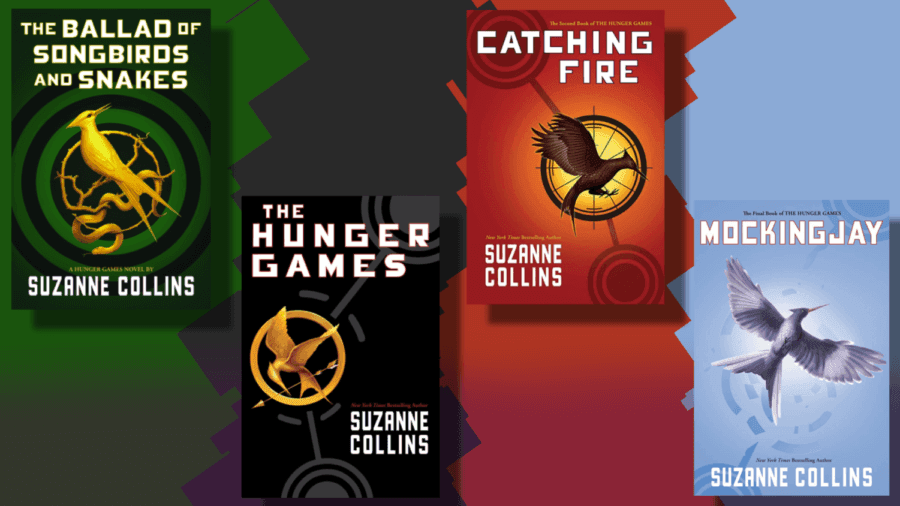Fahrenheit 451 is a 1953 dystopian novel by American writer Ray Bradbury. It presents a future American society where books have been outlawed and "firemen" burn any that are found. The novel follows in the viewpoint of Guy Montag, a fireman who soon becomes disillusioned with his role of censoring literature and destroying knowledge, eventually quitting his job and committing himself to the preservation of literary and cultural writings.
Fahrenheit 451 was written by Bradbury during the Second Red Scare and the McCarthy era, inspired by the book burnings in Nazi Germany and by ideological repression in the Soviet Union. In a radio interview, Bradbury said that he wrote the book because of his concerns about the threat of burning books in the United States. In later years, he described the book as a commentary on how mass media reduces interest in reading literature. In a 1994 interview, Bradbury cited political correctness as an allegory for the censorship in the book, calling it "the real enemy these days" and labeling it as "thought control and freedom of speech control."
A World Without Books
At the heart of Fahrenheit 451 is the idea of a world where books are illegal and critical thinking is suppressed. The government in the novel seeks to control information, prevent dissent, and maintain order by eliminating literature. This act of censorship is portrayed as a method of keeping the population docile and distracted. The society depicted in the novel is one where people are bombarded with shallow entertainment and superficial news, leading to a culture that lacks depth and intellectual curiosity.
The protagonist, Guy Montag, is a fireman who initially conforms to the norms of this oppressive society. However, his encounters with individuals like Clarisse McClellan, a young woman who questions the world around her, and Faber, a former English professor, ignite a change within him. Montag begins to see the emptiness of his existence and the society around him, ultimately leading him to question his role as a fireman and the laws he once upheld.
Technology and Its Impact
Bradbury’s novel also serves as a critique of the over-reliance on technology. The world of Fahrenheit 451 is one where people are glued to their television screens and bombarded with meaningless entertainment. The television “walls” in the novel are a stark representation of how technology can consume individuals, making them passive consumers rather than active thinkers. The constant barrage of media serves as a tool for the government to control the populace, distracting them from the realities of their lives and the injustices around them.
This portrayal of technology is particularly poignant in today’s digital age, where the rise of social media, 24-hour news cycles, and algorithm-driven content has led to similar concerns about the erosion of critical thinking and the spread of misinformation.
The Importance of Intellectual Freedom
One of the most enduring themes of Fahrenheit 451 is the importance of intellectual freedom. Bradbury emphasizes that the freedom to read, think, and express ideas is crucial for the health of a society. The suppression of books in the novel symbolizes the suppression of ideas, creativity, and individuality. Through Montag’s journey, Bradbury argues that true freedom comes from the ability to explore different perspectives, challenge the status quo, and seek knowledge.
Montag’s transformation from a conformist fireman to a rebel who seeks to preserve literature highlights the power of books and ideas. The novel suggests that without access to diverse viewpoints and the freedom to think critically, society risks becoming stagnant and controlled.
Relevance Today
Fahrenheit 451 remains relevant today, as issues of censorship, the role of technology in our lives, and the importance of intellectual freedom continue to be hotly debated topics. Bradbury’s warning about the dangers of allowing governments and corporations to control information is as important now as it was in the 1950s.
In an era where books are still banned in some parts of the world, and where digital media can sometimes overshadow more thoughtful, reflective forms of communication, Fahrenheit 451 serves as a reminder of the need to protect our intellectual freedom. The novel challenges us to consider the impact of our actions on society and the importance of preserving the written word for future generations.
Title
The title page of the book explains the title as follows: Fahrenheit 451 — The temperature at which book paper catches fire and burns.... On inquiring about the temperature at which paper would catch fire, Bradbury had been told that 451 °F (233 °C) was the autoignition temperature of paper. In various studies, scientists have placed the autoignition temperature at a range of temperatures between 424 and 475 °F (218 and 246 °C), depending on the type of paper.
Ray Bradbury’s Fahrenheit 451 is more than just a story about burning books; it’s a profound meditation on the value of free thought and the dangers of censorship and technological domination. The themes Bradbury explores are timeless, making the novel as relevant today as it was when it was first published. As we navigate the complexities of our modern world, Fahrenheit 451 reminds us of the importance of protecting our right to read, think, and question the world around us.
